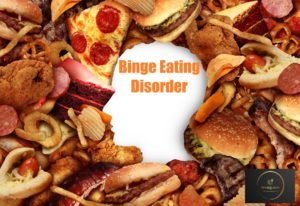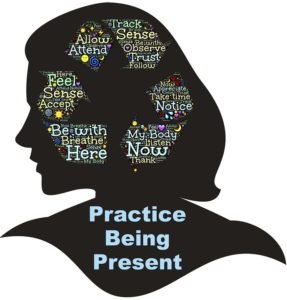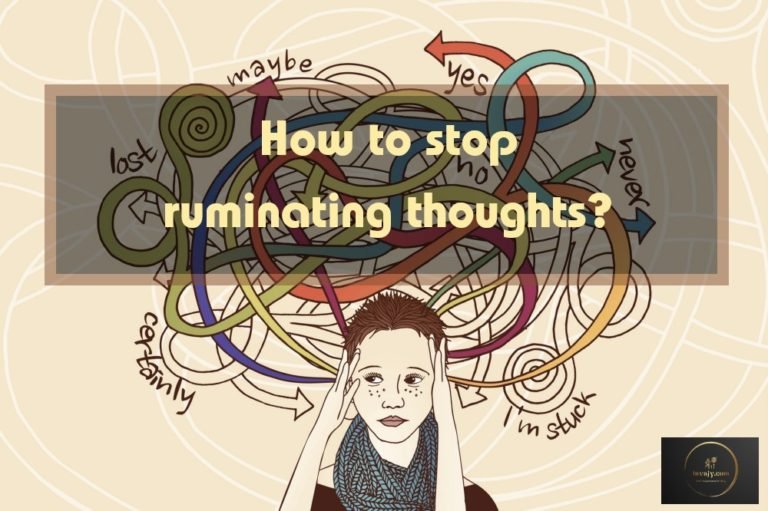Binge Eating Disorder (BED) – Causes, Symptoms and How to Control It
Understand Binge Eating Disorder with insights into its symptoms, causes, and treatment options. Learn effective strategies for managing the condition and finding support to foster healthier eating habits and emotional well-being.

Are you foodie/overeat sometimes or struggling with binge eating? Being foodie and overeating sometimes or having an extra serving of ice cream after a bad day doesn’t mean you have Binge Eating Disorder (BED). Binge eating is different issue than just overeating. Binge eating refers to a type of eating disorder, where a person feels relaxed after excessive eating, but at the same time experiences feelings of guilt, shame or loss of control later. BED or Binge eating disorder is a mental health conditions and people with binge–eating disorder frequently consume unusually large amounts of food and feel unable to stop eating.
According to medical science, there are three types of eating disorders that are connected to the mind, they are: Binging – Eating more food than required; Anorexia Nervosa – Eating less than the required quantity of food; Bulimia – Sometimes eating more and other times eating less to compensate. In the United States (USA), an estimated 28 million Americans have or have had an eating disorder at some point in their life. Binge eating disorder (BED) is considered the most common eating disorder in the United States of America (USA).
In this article, we will discuss about compulsive overeating – binge eating disorder; it’s causes, symptoms and what you can do to stop it.

Causes of Binge Eating Disorder
The causes of binge-eating disorder are unknown. But genetics, biological factors, long-term dieting and psychological issues increase your risk. People who have increased sensitivity to dopamine, are likely to have inherited this disorder.
Binge eating disorder is common among people with type 1 and type 2 diabetes. The distress of having diabetes, which requires a constant focus on weight and food control, may be the reason for this link.
Triggers for bingeing can include stress, poor body self-image and the availability of preferred binge foods.
It has been found in a study that this disorder also occurs with those who have some sort of psychological disorder, such as phobias, depression, bipolar disorder, anxiety or substance abuse.
Binge Eating Disorder Symptoms
If we talk about physical symptoms, people with binge-eating disorder are generally overweight or obese, but you may find few people with a normal weight also. Emotional and behavioral symptoms of binge-eating disorder include:
- Eating unusually large amounts of food in a specific amount of time, such as over a two-hour period
- Feeling that your eating behavior is out of control
- Eating even when you’re full or not hungry
- Eating rapidly during binge episodes
- Eating until you’re uncomfortably full
- Frequently eating alone or in secret
- Feeling stress or tension that is only relieved by eating
- Eating 3-4 times higher than the required calories per day
- Feeling depressed, disgusted, ashamed, guilty or upset about your overeating
- Frequently dieting, possibly without weight loss
- Desperation to control weight and eating habits
Unlike a person with bulimia, after a binge, you don’t regularly compensate for extra calories eaten by vomiting, using laxatives or exercising excessively. You may try to diet or eat normal meals. But restricting your diet may simply lead to more binge eating.
Helpful tips to overcome Binge Eating Disorder
Here are tips and strategies to deal with Binge Eating Disorder.
Develop healthy food habits
To overcome binge eating and food addiction, first and foremost thing is to develop a healthier relationship with food. Your food habits and choices should meet your nutritional needs and not the emotional ones. You must ensure
- Avoid skipping meals
- Set a regular eating schedule reduce the risk of overeating
- Stay hydrated and drink plenty of water throughout the day
- Eat more fiber to help you feel full to reduce calorie intake and feelings of hunger
- Start the day with eating a healthy breakfast to reduce the risk of binge eating later in the day
- Eat balanced and nutritious diet in every meal
- Avoid junk food, snacks and carbonated drinks
- Increase your protein intake to enhance feelings of fullness and suppress appetite
- Try measuring food as per your appetite
- Indulge in smaller and frequent meals which are rich in grains, fruits, and vegetables

Maintain a food and mood journal
Keep a track of your food habits and eating patterns through maintaining a food and mood journal. What you eat and how you feel can be an effective tool to deal with Binge Eating Disorder.
Write it all down in your food and mood journal about following:
- What you ate (or wanted to eat)?
- What happened to upset you?
- How you felt (emotions) before you ate?
- What you felt while you were eating?
- And how you felt after binge eating?
This activity of maintaining food and mood diary will help you to identify potential emotional and situational binge eating triggers and promote healthier eating habits.
Sleep well
Your sleeping patterns affects your appetite and hunger levels. Sleep deprivation may be linked to binge eating. Research studies have found that insufficient sleep increases overeating and unhealthy food choices. Studies have also linked insufficient sleep to weight gain and a higher risk of obesity. When you don’t get the sleep you need, your body craves sugary foods that will give you a quick energy boost.

Aim for a good quality sleep for at least 8 hours per night to keep your appetite in check and reduce your risk of binge eating.
Exercise
Move your body and start hitting the gym. Including exercise to your daily routine can relieve stress and prevent binge eating. Physical activity does wonders for your mood and your energy levels. The natural mood-boosting effects of exercise also help put a stop to emotional eating.

Brisk walking, cycling, running, swimming, and playing outdoor games and sports are some other forms of physical activity that can help relieve stress and reduce binge eating. Make sure to ask your doctor what kind of exercise is best for you, especially if you have health issues.
Change shopping habits
Change your grocery shopping habits and do not stock the trigger foods in your kitchen, store and fridge. You’re more likely to go binge eat, if junk food and desserts (trigger foods) are at arm’s reach. To avoid temptations, clean out your kitchen and freezer. “Junk food” is deliberately engineered by the companies who sell it to be more desirable than the whole foods from which it is made. This adds to binge eating.
If you want to celebrate achievements, plan your treats. Go to a shop and enjoy one cup of ice cream. But don’t stock the freezer with gallons of it.
Practice mindfulness
Mindfulness is a practice that involves living in the present moment and paying attention to how you feel at the moment. It increases your awareness about yourself and help you in listening to your body.

Through mindfulness you can learn to recognize when you no longer feel hungry and prevent binge eating. Try listening to your body to recognize when hunger tapers off. When you are able to notice the feeling of fullness, you will not eat more emotionally.
Additionally, try to eat slowly and enjoy food to promote healthy eating behaviors.
Seek professional help
While the above mentioned tips and strategies to stop binge eating can be helpful, oftentimes a treatment plan designed by a professional may be needed to help overcome binging.
Treatment for Binge Eating Disorder (BED) can involve different types of therapy or medications to help get binging under control and treat any underlying causes or symptoms. Following therapies can be useful
- Cognitive behavioral therapy
- Dialectical behavioral therapy
- Interpersonal psychotherapy
- Behavioral weight loss therapy
Over to You
Professional treatment and healthy lifestyle changes can go a long way towards helping you to get relief from symptoms and stop binge eating. I hope, if you will use above tips and strategies do deal with Binge Eating Disorder ; you will surely be able to manage this mental health condition in a better way.
That’s all from my side. I hope, you liked this article on mental health. Please share this on your favorite social media portals with your friends and relatives.
(Disclaimer: This article is for general information only. Before adopting preventive methods/measures/treatment, please seek medical advice)






